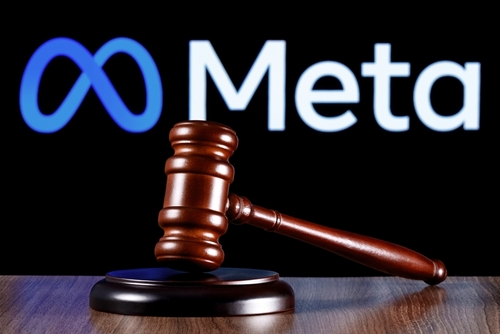High Court Rules Against Terror Victim’s Brother in Immunity Case
A man who claims Iran participated in the assassination of his brother cannot attach an American court judgment as compensation for the death, the U.S. Supreme Court has ruled.
The court ruled against Dariush Elahi, who is seeking compensation for the killing of his brother, Cyrus, in Paris in 1990, the Associated Press reports.
Elahi was awarded about $312 million in damages after Iran failed to defend his suit filed in federal court in Washington, D.C. He sought to collect by attaching a $2.8 million judgment that Iran obtained against a California company.
The Supreme Court majority opinion by Justice Stephen G. Breyer said Iran was protected by the doctrine of sovereign immunity. A federal law allowing holders of terrorism-related judgments against Iran to collect “blocked assets” did not provide an exception to the immunity doctrine, the court said, since the judgment was not blocked within the meaning of the statute.
The court decision (PDF) also said that even if the judgment was a “blocked” asset, Elahi had waived his right to the money when he received $2.3 million as partial compensation under a federal law.



